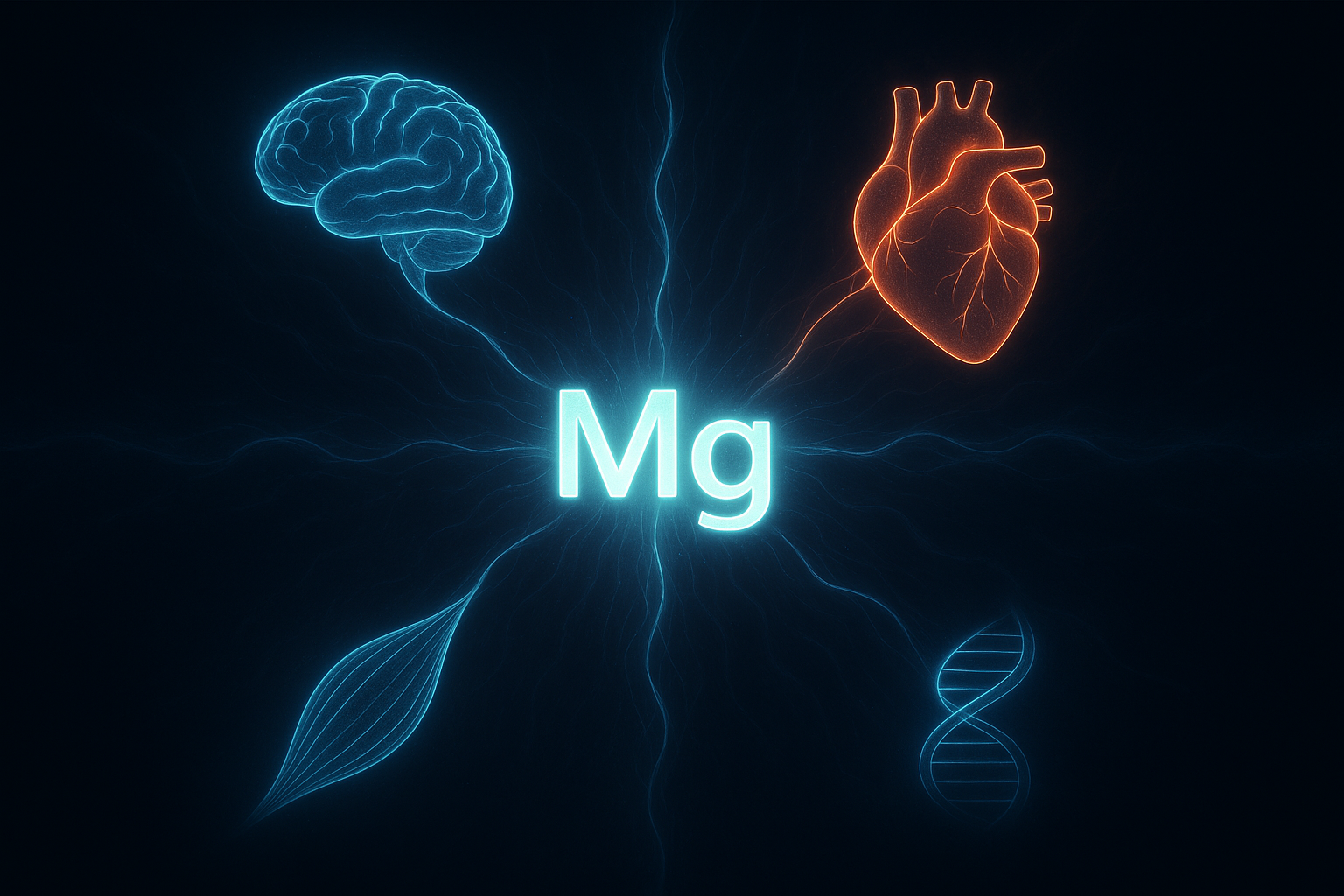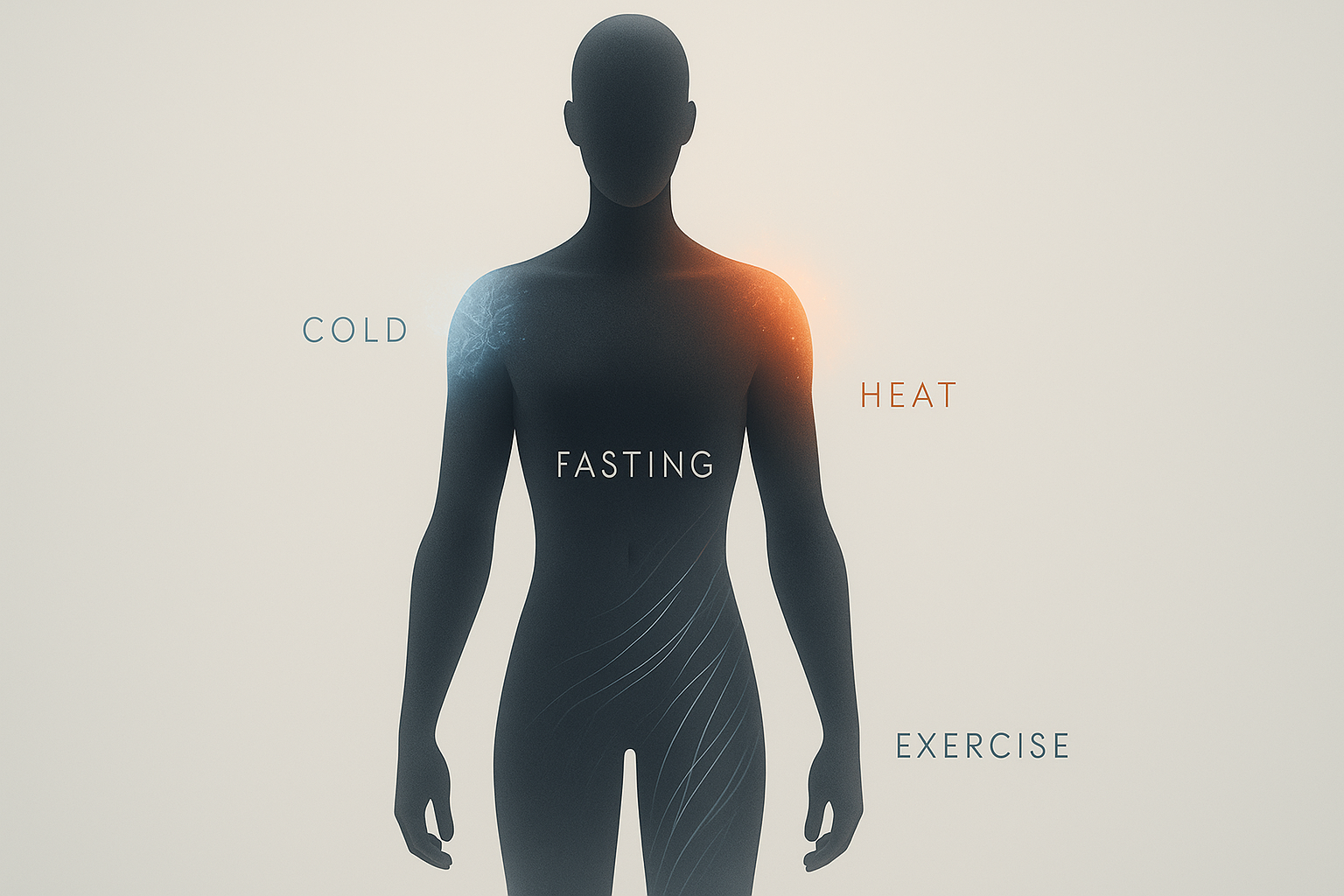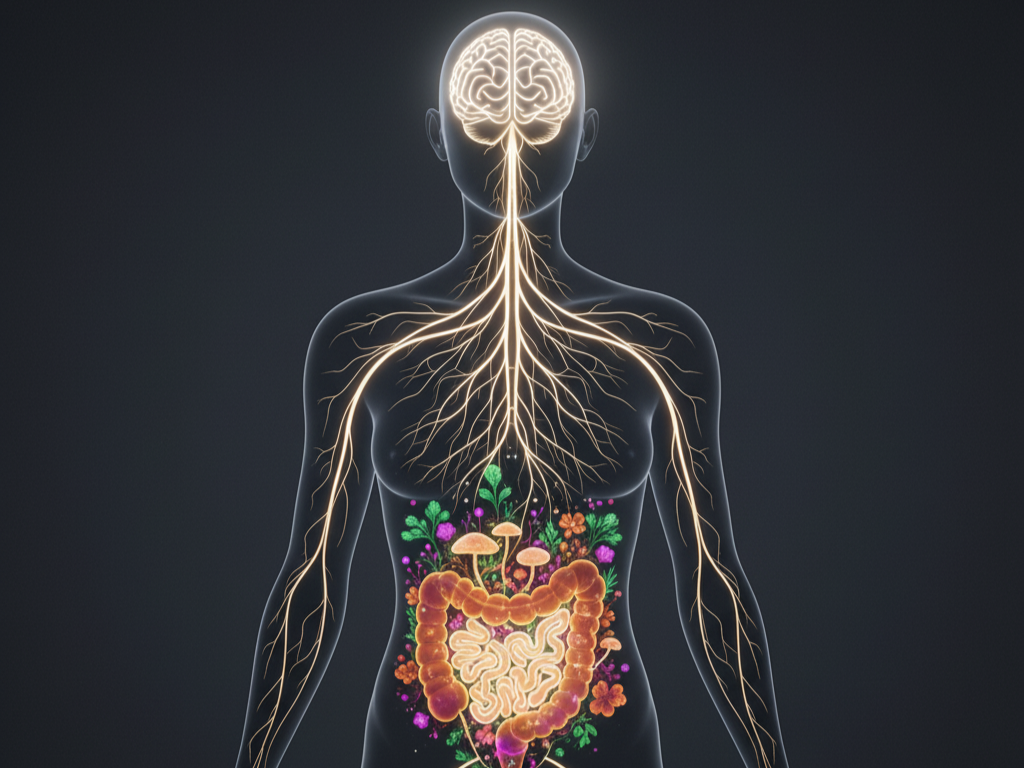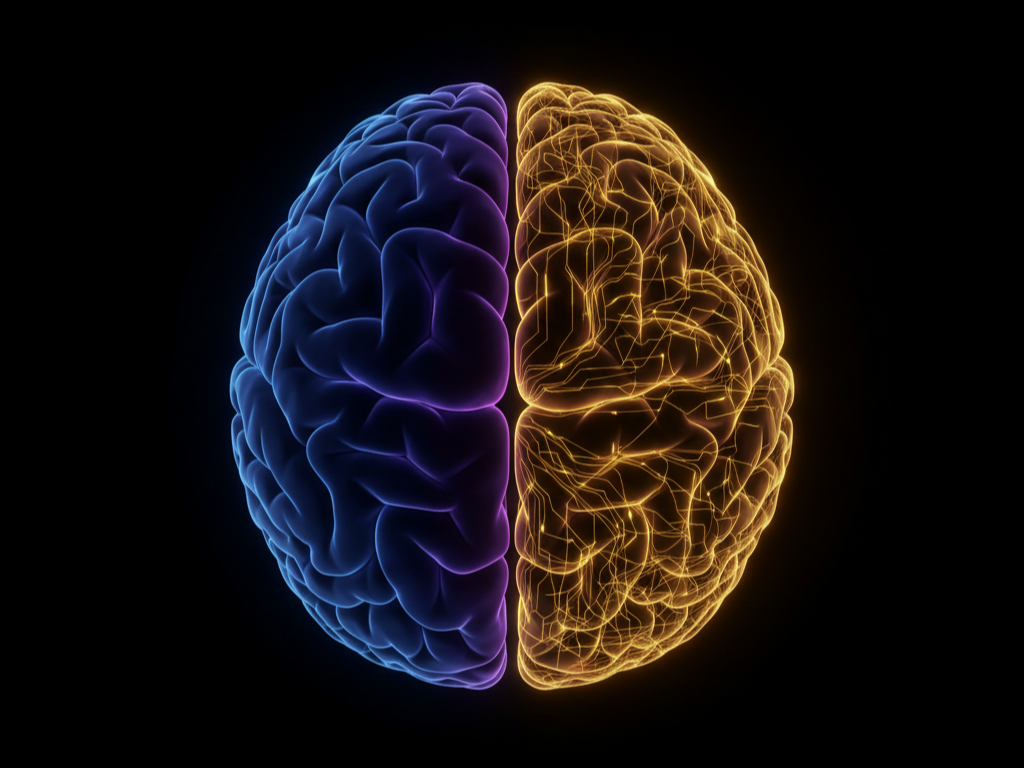Listen to the article as a podcast (beta)
KEY TAKEAWAYS
- Wellness is a System, Not a Single Action: True, sustainable health isn't achieved through isolated actions but by building a strong foundation. This article introduces a two-tiered framework: three Main Pillars (Restorative Sleep, Mindful Nutrition, Emotional Balance) that are non-negotiable for health, and five Supporting Pillars (Movement, Hydration, Nature, Relationships, Breath) that amplify their effects.
- Master the Main Pillars First: Restorative Sleep is your body's critical repair cycle, essential for hormonal balance and cognitive function. Mindful Nutrition focuses on the gut-brain axis, recognizing that a healthy microbiome is fundamental to mental and physical health. Emotional Balance is the skill of managing stress through proven techniques, protecting your body from the chronic inflammation and burnout caused by a constantly activated nervous system.
- Actionable Habits Over Abstract Goals: This framework prioritizes integrating simple, science-backed habits into your existing life rather than adding new, time-consuming activities. The focus is on small, consistent actions—like prioritizing morning light, adding fiber to your diet, or practicing conscious breathing—that require discipline but little to no extra cost or scheduling complexity, making them accessible to everyone.
Beyond the Hype: A Practical Framework for True Well-being
In today's world, the pursuit of wellness can feel like a full-time job. We're bombarded with fleeting trends, complex "biohacks," and an endless stream of advice that often leaves us more confused than empowered. This doesn't mean that complex biohacks are inherently bad, but for someone just beginning their journey, they can be overly complicated, demanding, and time-consuming. But what if the path to a healthier, more resilient life wasn't about adding more, but about strengthening what’s essential?
We believe in a foundational approach. Lasting well-being is not built on quick fixes, but on a stable, interconnected system of core habits. This is our framework for wellness - a guide to help you focus on the fundamentals that deliver profound, science-backed results.
The Main Pillars: Your Non-Negotiable Foundations

Think of these three pillars as the legs of a stool. If one is weak, the entire structure becomes unstable. Mastering them is the first and most critical step.
Restorative Sleep: The Body's Master Reset
We have fundamentally misunderstood sleep. It is not a passive state of shutdown, but a highly active and organized process of physical and neurological maintenance. During its cycles, your brain consolidates memories, clears out metabolic byproducts linked to neurodegenerative diseases, and regulates crucial hormones like cortisol (stress) and ghrelin (hunger). As neuroscientist Dr. Matthew Walker states in his book "Why We Sleep," "sleep is the single most effective thing we can do to reset our brain and body health each day."
Consistent, high-quality sleep is directly linked to a robust immune system, stable mood, and optimal cognitive function. Prioritizing it is the ultimate investment in your long-term health.
Mindful Nutrition: Fueling the Gut-Brain Axis
The conversation around nutrition has shifted from calories and macros to a much more exciting frontier: the gut-brain axis. Your gut is home to trillions of microorganisms (the microbiome) that act as a chemical signaling factory, producing neurotransmitters like serotonin and influencing everything from your mood to your immune responses.
Mindful nutrition is about nourishing this internal ecosystem. Diets rich in fiber from diverse plant sources, fermented foods, and healthy fats support a thriving microbiome. In contrast, highly processed foods and sugars can promote inflammation, which studies from institutions like Harvard Medical School have linked to mood disorders. Eating well is not just about fueling your body; it's about nurturing the "second brain" in your gut.
Chronic stress is the silent epidemic of our time. When we are constantly in a state of high alert, our bodies are flooded with cortisol. While useful in short bursts, prolonged exposure to high cortisol levels can lead to systemic inflammation, suppressed immunity, and burnout.
Emotional balance is the learnable skill of regulating your nervous system. It’s the ability to consciously shift from the sympathetic ("fight-or-flight") state to the parasympathetic ("rest-and-digest") state. This is achieved through simple, physiological tools that calm the body's stress response and build long-term resilience, allowing you to navigate life's challenges with greater ease and clarity.
The Supporting Pillars: Habits That Amplify Your Results
Emotional Balance: Taming the Stressed Nervous System
If the main pillars are the foundation, these five habits are the tools that strengthen and reinforce it. They are simple, accessible, and create a powerful synergistic effect.
- Movement: Regular physical activity is a potent tool for both physical and mental health. It has been shown to improve sleep quality, boost mood by releasing endorphins, and reduce the physiological symptoms of stress. And this doesn't mean you need to engage in complex workouts - even long, consistent walks are incredibly beneficial.
- Hydration: Every cell in your body depends on water to function. Even mild dehydration can impair cognitive function, disrupt mood, and increase feelings of fatigue. Proper hydration is the simplest way to support your energy levels and mental clarity.
- Nature: Spending time in a natural setting, often called "ecotherapy," has a measurable calming effect on the brain. Exposure to natural environments can lower cortisol levels, reduce rumination, and improve focus. We know you probably don't have time for this every day (but if you do, take advantage of it!), but resetting in a calm, natural space for a few hours once a week can be just as powerful.
- Relationships: Strong social connections are a powerful predictor of health and longevity. A meta-analytic review published in PLoS Medicine found that individuals with stronger social relationships had a significantly increased likelihood of survival. And just as supportive relationships are vital, it is equally important to avoid toxic ones by removing those who drain your energy from your immediate circle.
- Breath: Your breath is the most direct and immediate tool you have to influence your nervous system. Slow, deep, diaphragmatic breathing activates the vagus nerve, which sends a powerful signal to your brain to calm down and relax. You can practice this anytime during the day when you feel tension or anxiety; it works instantly to soothe your nervous system.
Your First Steps: Practical, Actionable Tips
Wellness begins with small, deliberate actions. Here are a few simple habits you can implement today to start strengthening your pillars.
☀️ Start Your Day with Light, Not Screens
Before you reach for your phone, spend 5-10 minutes getting natural daylight. Step outside or stand by a bright window. While you're at it, you can mindfully prepare your favorite coffee or tea (we highly recommend green tea). This helps anchor your circadian rhythm, signaling to your brain that the day has begun, which in turn improves your ability to fall asleep at night.
💧 The "Water First" Rule
Keep a glass of water by your bed and drink it right after you wake up. Your body is naturally dehydrated after a night's sleep. Rehydrating first thing in the morning can kickstart your metabolism and improve mental alertness.
🍽️ Add One High-Fiber Food to Each Meal
Don't overhaul your diet overnight. Start by adding one fiber-rich food to each meal to nourish your gut. This could be adding chia seeds to your yogurt, a side of broccoli to your lunch, or a handful of almonds as a snack. Not only will this positively impact your microbiome, but it will also help you feel full longer, which can have a positive effect on weight management.
😮💨 Practice the Physiological Sigh
When you feel stressed or overwhelmed, perform a "physiological sigh," a technique popularized by Stanford neurobiologist Dr. Andrew Huberman. Take two sharp inhales through your nose (one big one, then a smaller one to top it off) followed by a long, complete exhale through your mouth. This is the fastest known way to voluntarily calm your nervous system.
Our Philosophy: Foundational Habits First
You may have noticed that concepts like a "digital detox," formal meditation, or deep dives into positive psychology are not on this primary list. While these are incredibly valuable practices, we believe in building the foundation first.
The pillars we've outlined here are unique in that they don't require you to start entirely new, time-consuming hobbies. Instead, they focus on modifying and improving the things you already do every day—sleeping, eating, breathing, and interacting with your environment. They are about building discipline through small, powerful habits that anyone can integrate, regardless of their schedule. By mastering these essentials, you create the stability and energy needed to explore other, more advanced aspects of a balanced life.
This seems like a lot. Where is the best place to start?
We always recommend starting with Sleep. It's the most foundational pillar, and improving your rest will give you the mental clarity and physical energy to tackle changes in nutrition and stress management more effectively.
What if I have a bad day and can't stick to these habits?
That's perfectly normal. The goal is consistency, not perfection. If you have an off day, simply aim to get back on track the next day without judgment. One day won't derail your progress; it's the overall pattern that matters.
How is this approach different from other wellness advice?
Our focus is on integration rather than addition. We're not asking you to add an hour of meditation to your packed schedule. Instead, we're providing you with tools to optimize the things you already do, making this a more sustainable and accessible approach for modern life.












